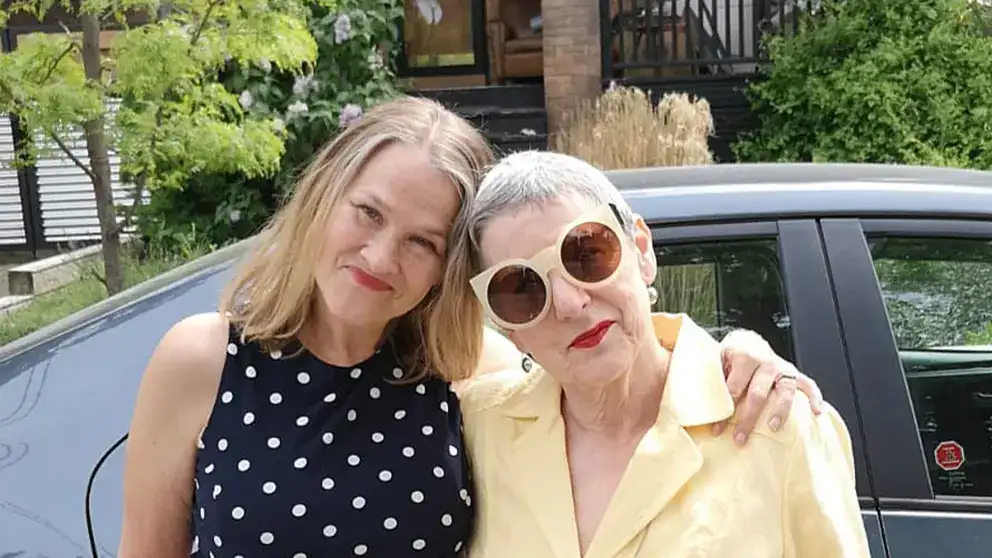You live alone. Who would be there for you in a health crisis? When Geri Rockstein had a severe stroke at 64, her best friend, Sue Foster, didn’t hesitate to put her life on hold to be by her side.
Geri was healthy, active, and working full time doing communications for banks. After she missed her usual morning check in with her 87-year-old mother one day in September, her mother asked her friend to check on her. He found her collapsed and called 9-1-1.
When Geri woke up in hospital, Sue was the first person she saw.
A friend indeed
“When I got to the hospital, I met with the neurologist and he said it was a very bad stroke on the left side of Geri’s brain. Only one in four people would fully recover,“ Sue recalls. “I decided I wasn’t going to give Geri that particular diagnosis because I believed that if anybody was going to make a full recovery, it was going to be her.”
This is the story of two women who have been best friends for a “very long time.” They both work in communications, share a love for tennis and golf, and followed each other from Montreal to Toronto. Twenty-five years later, they are closer than ever.
At first Geri’s right hand, arm and leg were paralyzed. She was unable to walk, speak in full sentences or eat solid food. Sue was at the hospital nearly every day. This was made possible by her supportive husband who made sure their home and family of kids, dog and cats were taken care of. She was also able to work remotely, bringing her laptop to the hospital and responding to emails while Geri slept.
Giving her a voice
Despite not having power of attorney, Sue took on a leading role throughout the first few weeks of recovery, talking to doctors, giving real-time updates to family and friends through WhatsApp, supporting Geri’s mom, and making sure that Geri had a voice even when she couldn’t physically speak.
The stroke had the potential to be life changing for both women. But no matter the final outcome, Sue was determined to make Geri’s life as good as possible.
My goal was to give Geri as much control as possible; we tried to empower her as much as we could.
Once at the rehab facility, Geri began physical, speech and occupational therapy and quickly regained the ability to walk, talk and use her right arm. When released back to her home, she worked hard to regain the use of her right hand and walked daily. Her doctors were amazed at how well she recovered and beat the odds. Sue was present throughout the process and a source of strength.
Today Geri walks 5 to 10 km every day and is looking for work. She credits Sue to helping her make a full recovery.
Being prepared
Geri and Sue have a few tips for people who live alone:
- Have a medical and financial power of attorney.
- If you’re on any medications or have any health conditions, post them and your provincial health insurance number on your fridge.
- Consider investing in an insurance policy that covers disability.
- If you’re helping someone through a health crisis, an online group is a good way to update loved ones and coordinate visitors.
Heart & Stroke resources:
- If you’re living with stroke or heart disease or caring for someone who is, find others who share your experience in our online peer support communities.
- Learn more about stroke recovery.
- Learn about legal and financial supports available to people living with stroke.
